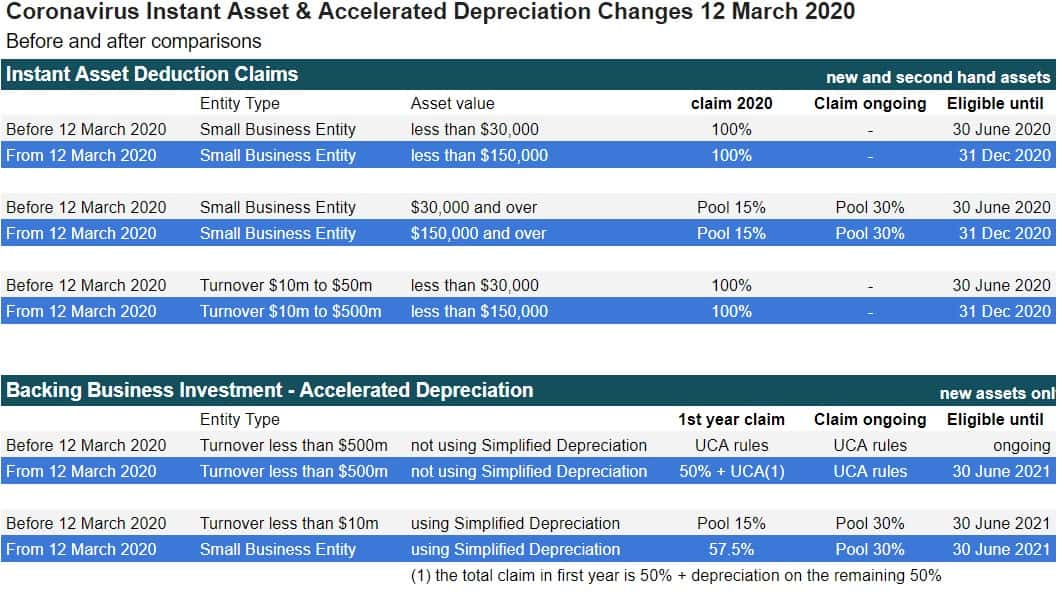In this case solar energy systems have been determined by the irs to have a useful life of five years.
Useful life of solar panels for depreciation.
The allowance of depreciation and the energy credit both depend on a taxpayer s having basis in the property which under sec.
More importantly i don t know your whole situation but i feel like you are eligible for a form 3468 investment credit for your solar panels.
Making a late depreciation election or revoking a timely valid depreciation election including the election not to deduct the special depreciation allowance.
Even though solar arrays will last for decades the irs expects that a business will apportion the entire value of the array over five years in their taxes.
The general rule of thumb is that panels will degrade by about 1 each year.
Normally the depreciable life of solar panels is 85 of the full solar system cost which may be depreciated roughly as follows.
1012 generally is the property s cost.
However this year you can use 100 bonus depreciation if you would like to take the full cost as depreciation expense in 2018.
An adjustment in the useful life of a depreciable asset for which depreciation is determined under section 167.
Basis in the solar equipment.
Let s have a look at how depreciation in solar benefits small businesses.
Year 1 20 year 2 32 year 3 19 2 year 4 11 5 year 5 11 5 and year 6 5 8.
Seia supports smart tax policy that drives continued innovation in the solar industry.
It looks like solar panels have a 5 year life.
On the other hand when the procurement price calculation committee decided the procurement period for each area it was determined to be 20 years for both solar and wind energy equipment exceeding the statutory useful life for tax purposes of 17 years.
Solar energy systems are depreciable property just like land or buildings.
Cost can include a promissory note issued in exchange for property.
Is that rule accurate.
Not only do solar panels have a useful life of five years they are also used for the production of renewable energy.
Depreciation on solar panels is one of the easiest ways businesses and farms looking to go solar can keep installation costs down rois high and paybacks short.
Businesses rely on policy certainty to make long term investment decisions.
Depreciation is one aspect of the tax code that facilitates greater investment in renewable energy and ultimately lower costs for consumers.
So solar panels meet all the three criteria.
The tax cut and jobs act of 2017 brought with it the option for 100 bonus depreciation on solar systems which is often a great way for businesses to quickly recover costs associated with integrating solar energy.
Solar energy systems have been determined by the irs to have a useful life of five years.

